
New intelligence suggests that Hezbollah's decision to refrain from attacking Israel's Glilot base was influenced by more than just the fear of Israeli retaliation. Sources within Israel point to internal tensions within the Lebanese militant group as a significant factor in their strategic calculus.
According to a report on Galei Tzahal this morning, Hezbollah seriously considered launching precision missiles at the Glilot base until the last moment. The group ultimately decided against the attack, fearing it would provoke an intense Israeli response.
However, Israeli assessments indicate that internal discord also played a crucial role in this decision. Tensions reportedly exist between three senior Hezbollah officials: the head of the southern Lebanon sector, the chief of operations, and the intelligence chief. This internal friction appears to have complicated the group's decision-making process.
The news comes a day after Israel conducted a preemptive strike in northern Lebanon.
In a related development, Hezbollah Secretary-General Hassan Nasrallah addressed the situation in a live broadcast yesterday. Nasrallah declared that the group's response to the recent assassination of their Chief of Staff, Fouad Shukr, has concluded. "We will continue to monitor the results of our successful attack today," Nasrallah stated. "If we determine that the outcome is satisfactory, we will consider our response to Fouad Shukr's assassination complete."
International media outlets have also reported that Hezbollah sources claim their response to Shukr's assassination was deliberately delayed. This delay was reportedly in line with ongoing negotiations for a ceasefire in the Gaza Strip, with Hezbollah's actions designed to avoid escalating the conflict into a full-scale war.



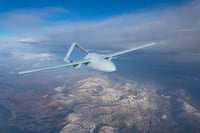




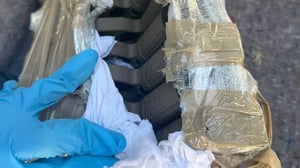
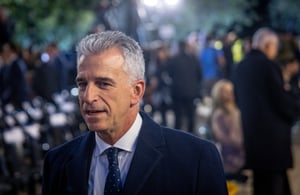
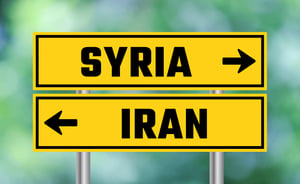
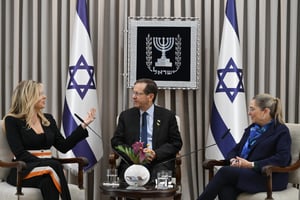
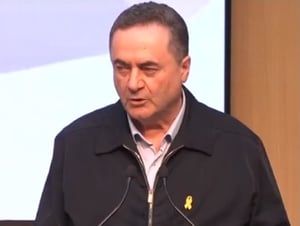
0 Comments